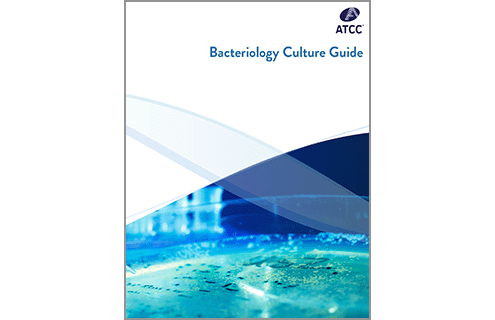
Bacteriophages or “bacteria eaters” are viruses that are common in most environments including seawater, soil, and the human gut. They are ubiquitous biological entities and are classified according to their nucleic acid content, the location where they are found, their morphology, and the bacterial species that they infect.
For over a century, bacteriophages have been used with some success in the treatment of bacterial infections. These viruses invade bacterial cells and, if the bacteriophage is lytic, will take over the host machinery to make more phage components, eventually resulting in cell lysis. Because bacteriophages are species-specific, and in some cases strain-specific, they can be used to target the infecting pathogen without harming human cells or surrounding microflora. This is in stark contrast to the use of antibiotics, which can significantly impact the surrounding microbiome while treating an invading bacterial species.
To support the incredible research on these viruses, ATCC offers an extensive collection of authenticated bacteriophages and host strains. Explore our resources below to find products relevant to your research.
Bacteriophage resources
Bacteriophage therapy – an alternative approach for treating multidrug-resistant infections
Bacteriophage therapy has been used for over a century toward the treatment of bacterial infections. Read this white paper to explore the advantages and disadvantages of this form of treatment and to explore how bacteriophage therapy can provide a solution toward the growing problem of antibiotic-resistant bacterial infections.
Learn More
Bacteriophage Culture Tips
Growing bacteriophages can be challenging if they propagate within a fastidious host that has complex requirements for nutrient acquisition and respiration. That’s why we have prepared a comprehensive manual with all of our tips and tricks for growing and preserving bacteriophages and their bacterial hosts.
Get Expert Tips